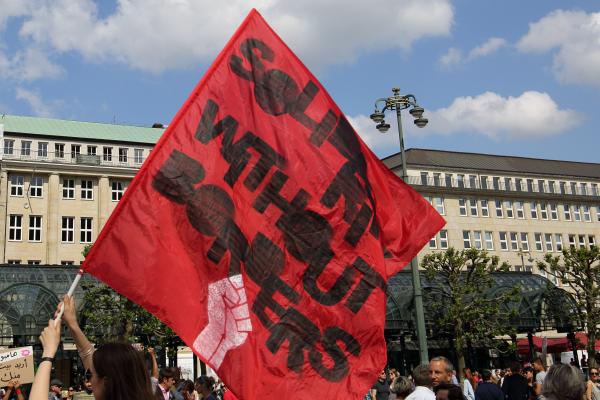
The Center for Latin American Studies, together with the Center for Slavic & East European Studies, the East Asian Studies Center, and Department of Political Science, are excited to host Worlds in Contention: Race, Neoliberalism, and Injustice. The conference, to be held virtually on May 7-8, will bring together an interdisciplinary group of scholars committed to the study of the conceptual and practical character, development, and contestation of capitalism and neoliberalism around the world, with a focus on how these structures affect and are resisted by racialized groups.
This conference is sponsored by: The Ohio State University’s Center for Latin American Studies, Center for Slavic and East European Studies, and East Asian Studies Center, with funds from the U.S. Department of Education Title VI grants. With support from the Department of Political Science, the Center for Ethics and Human Values, and Latina/o Studies.
